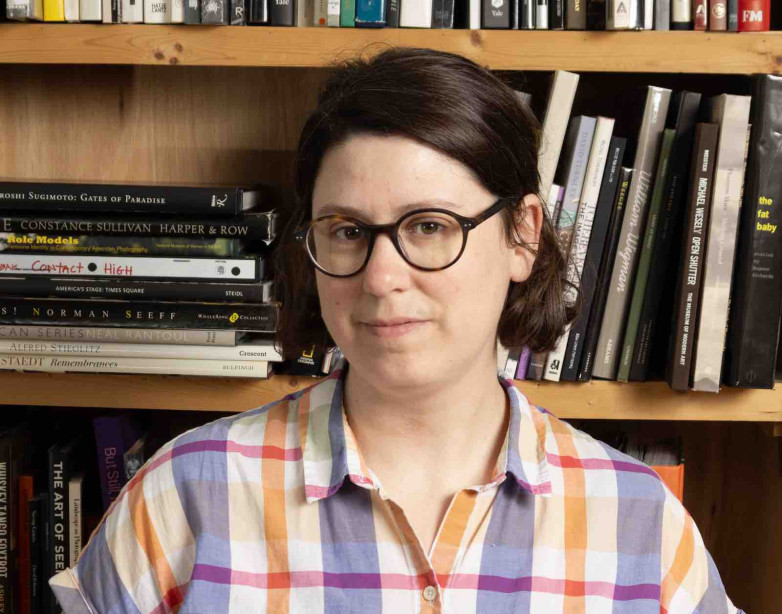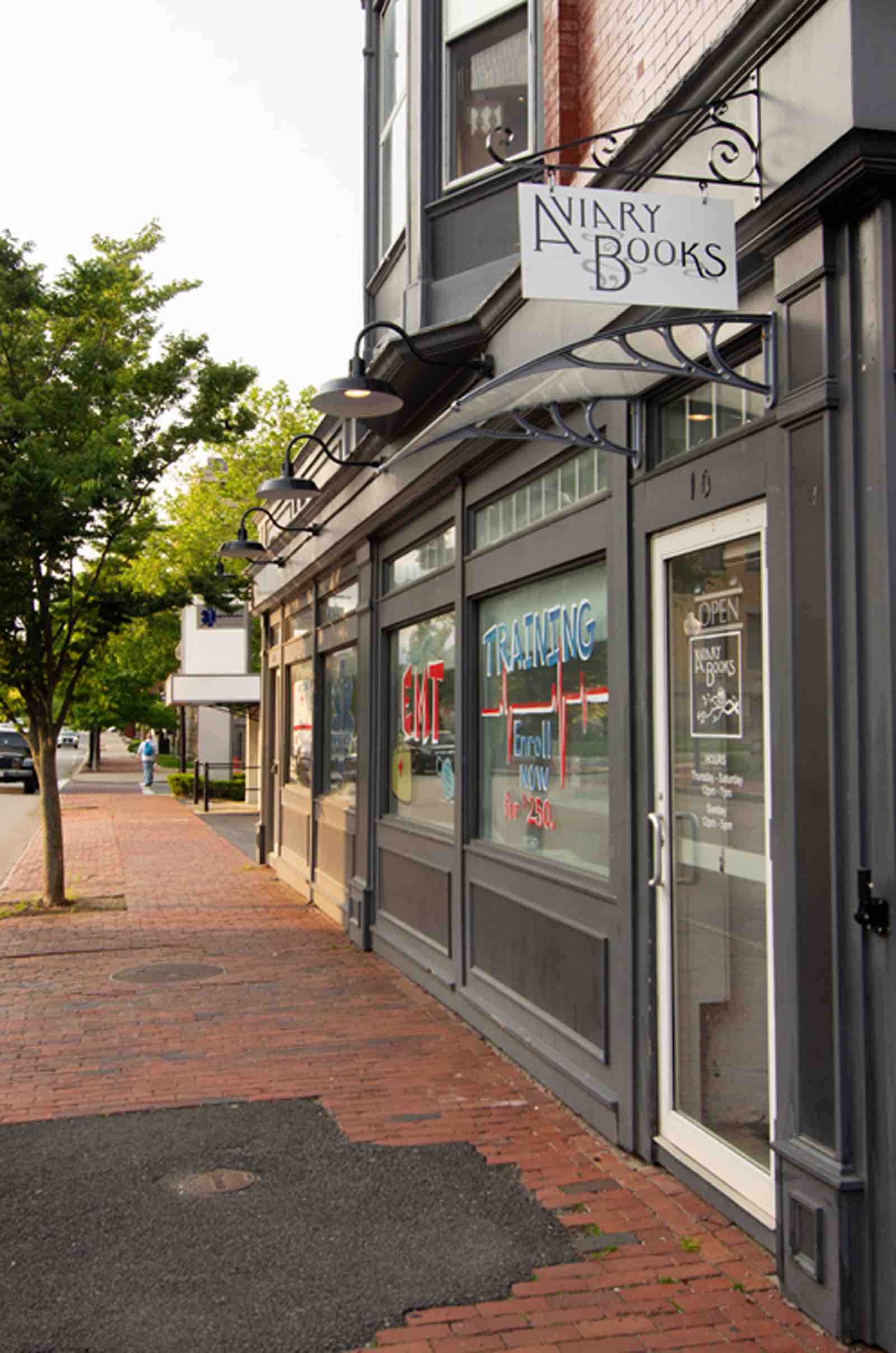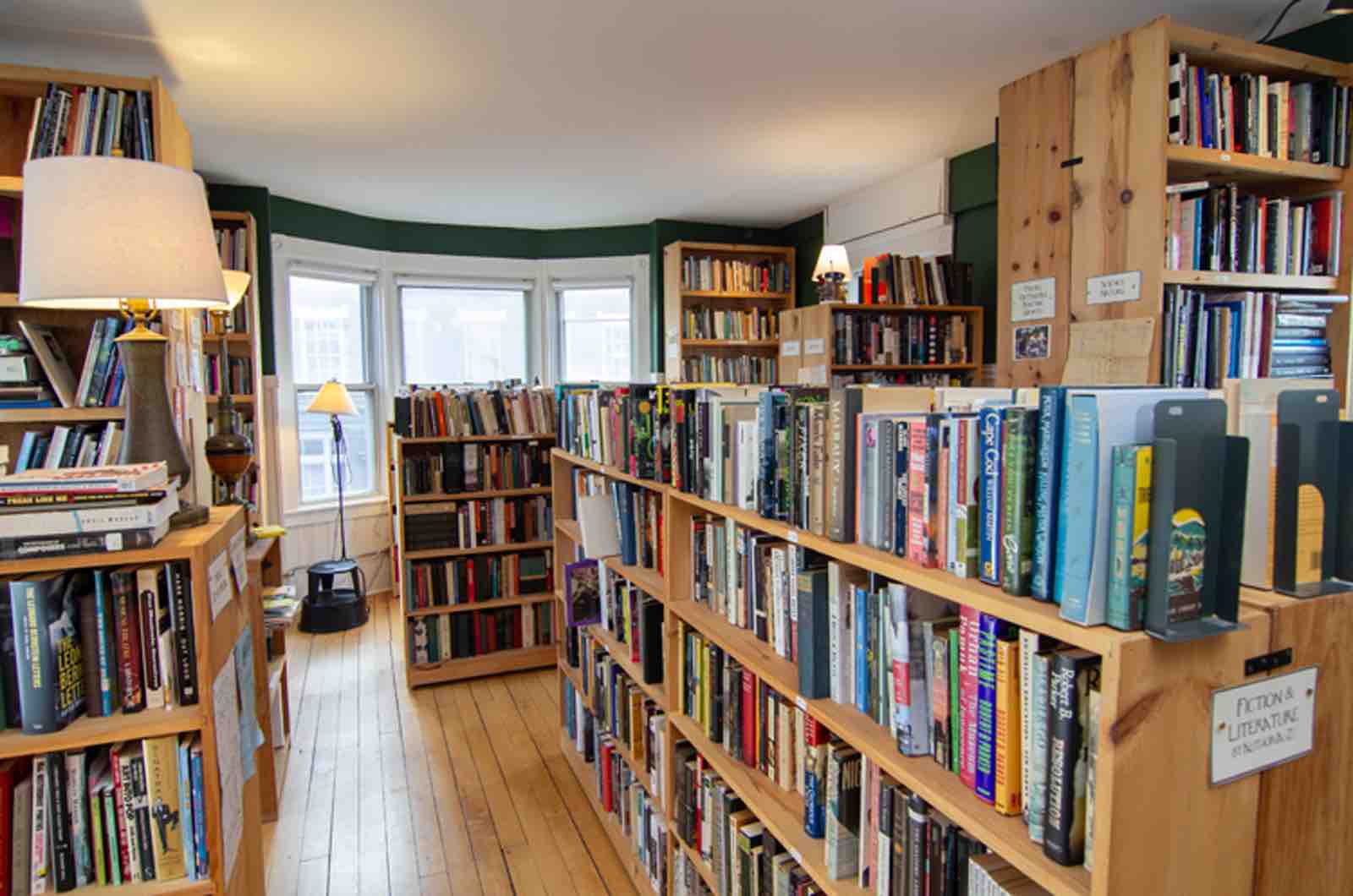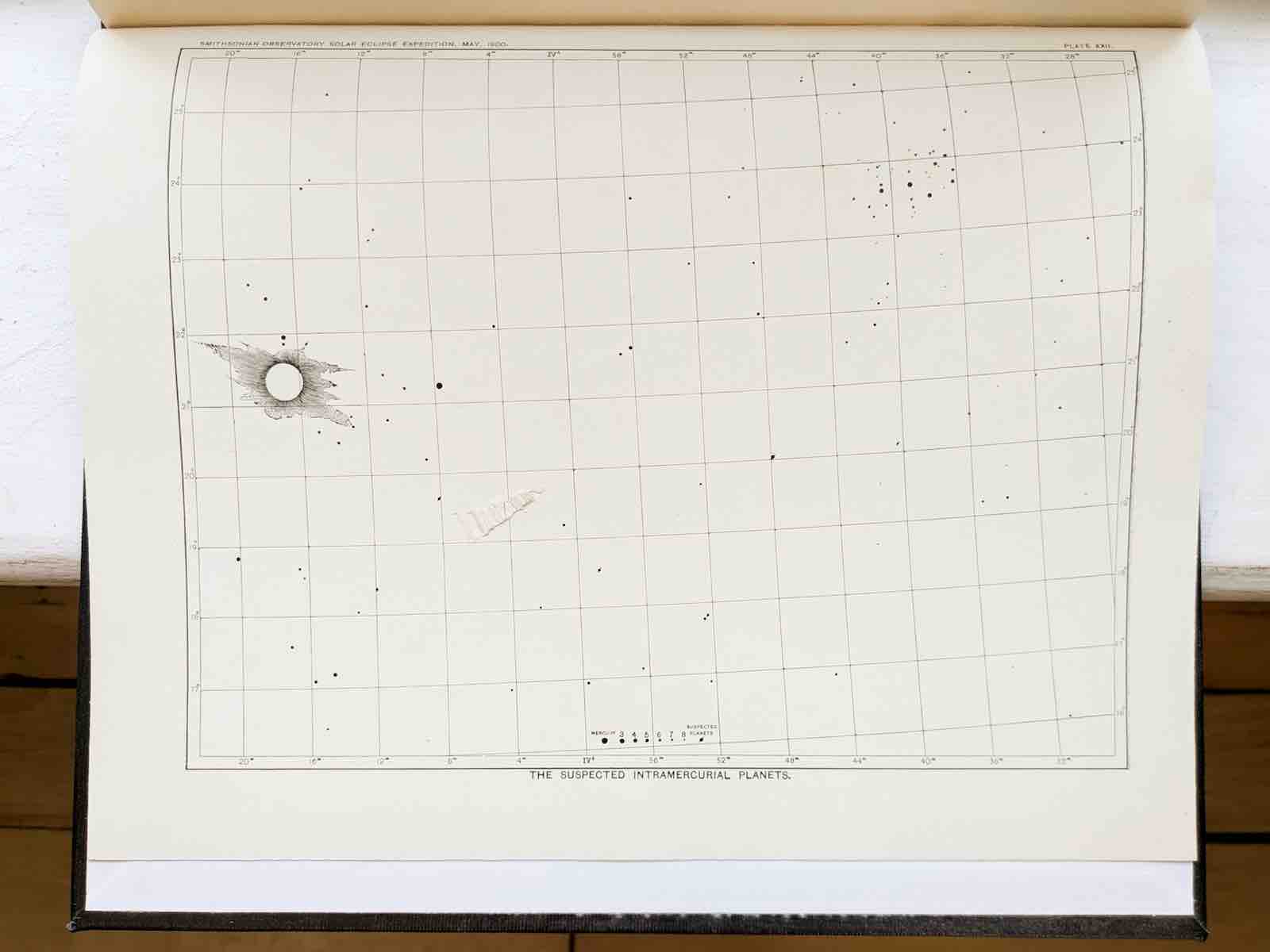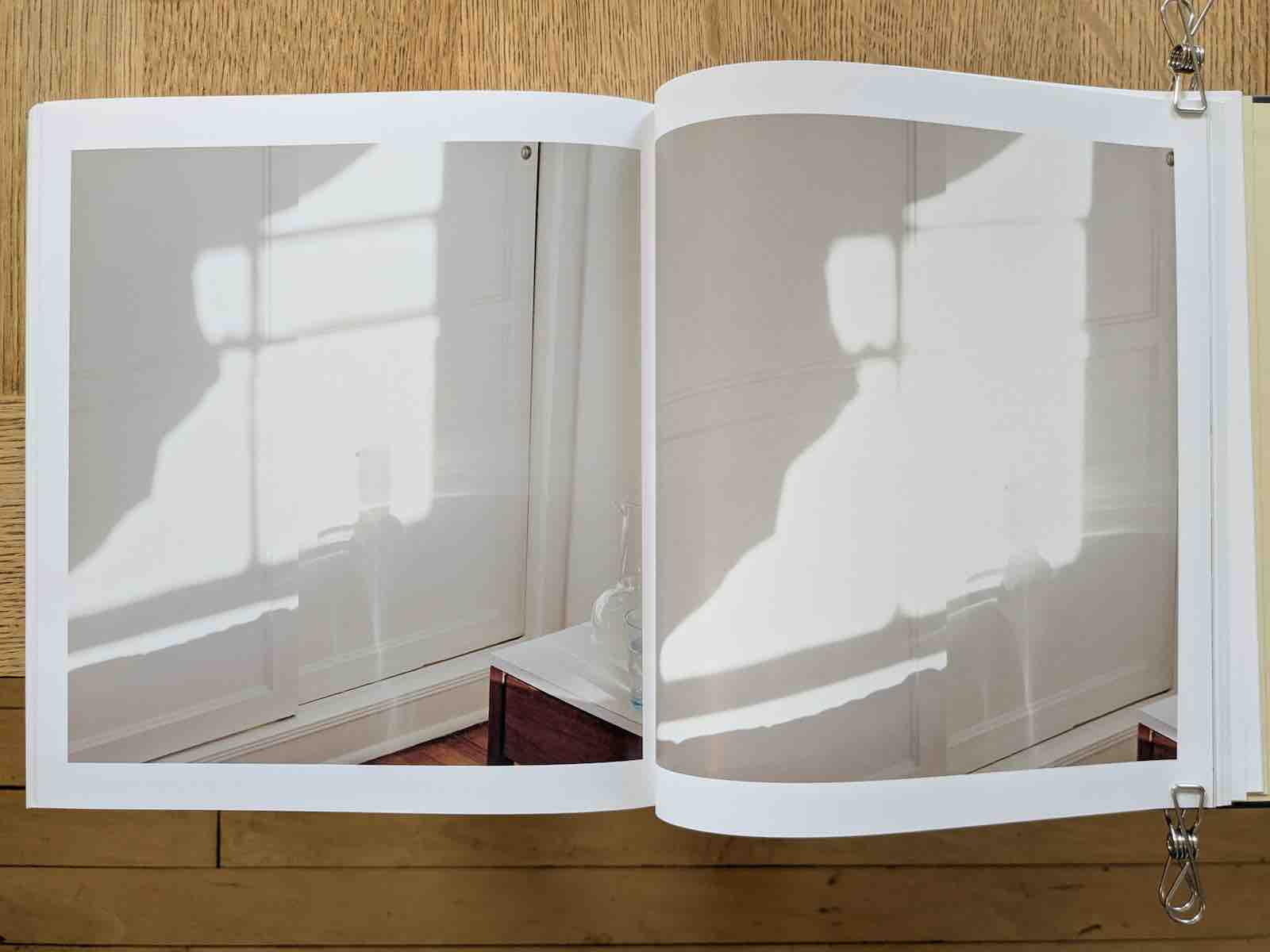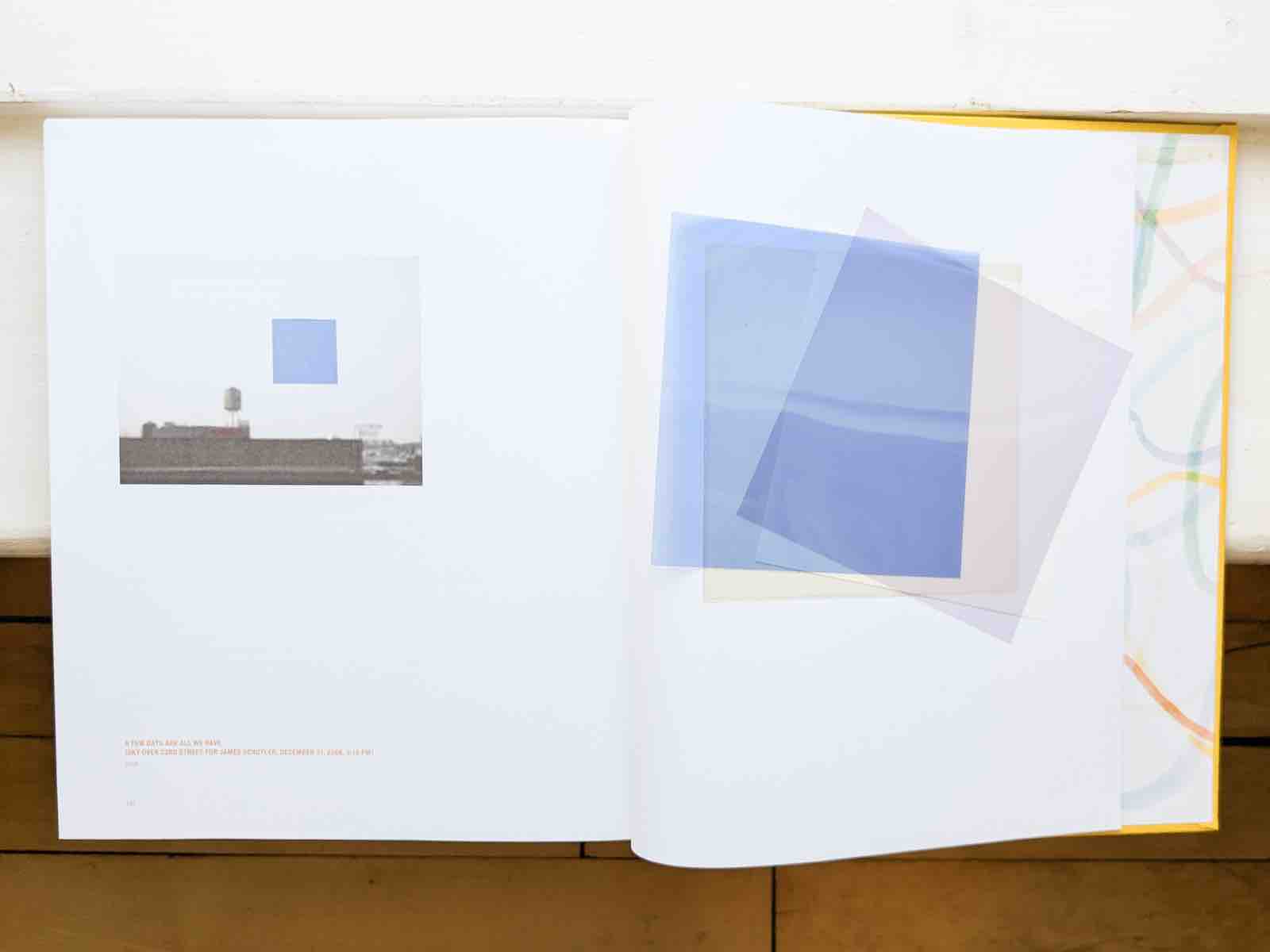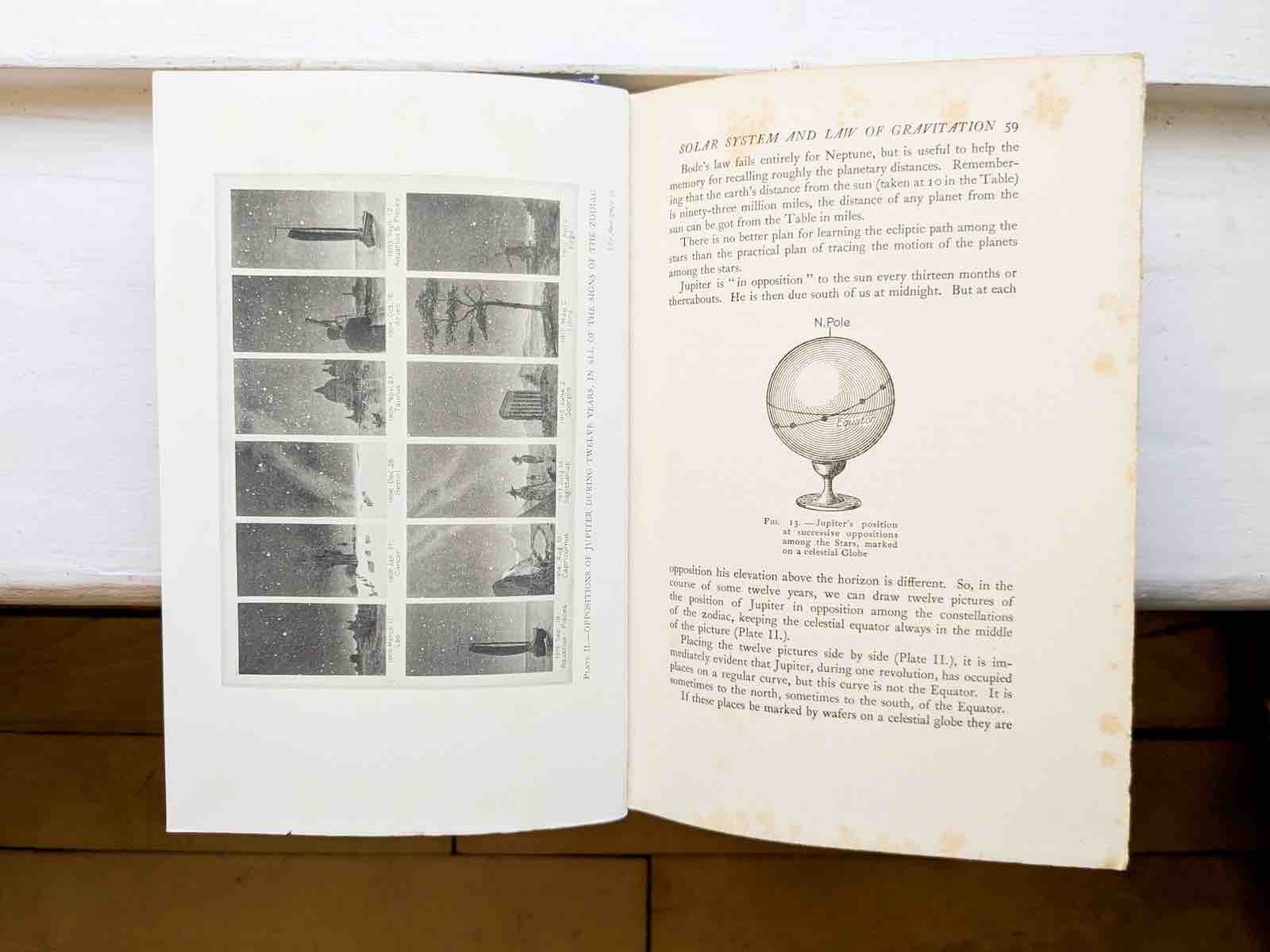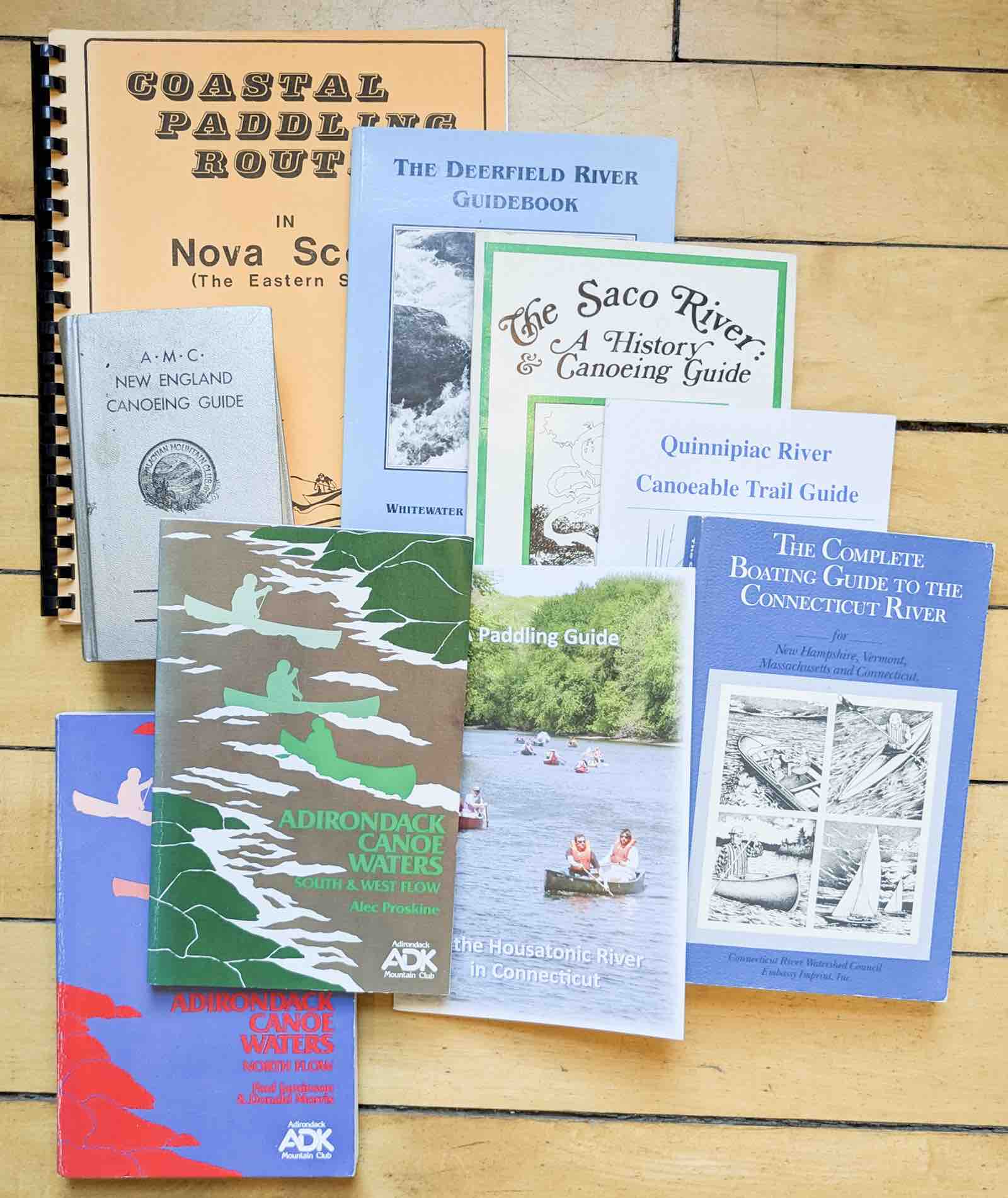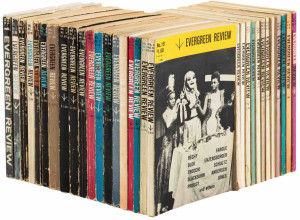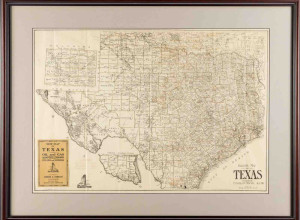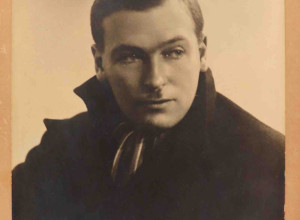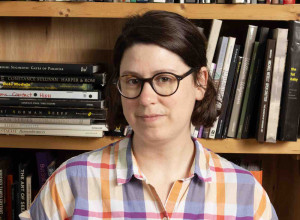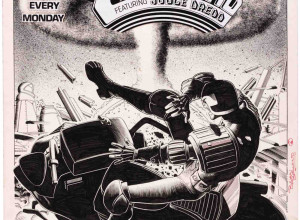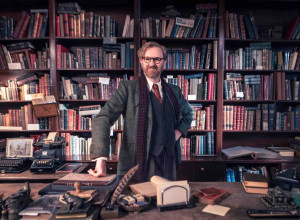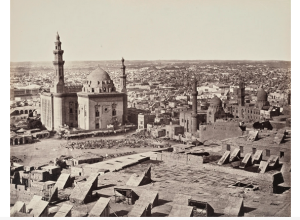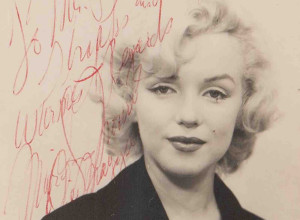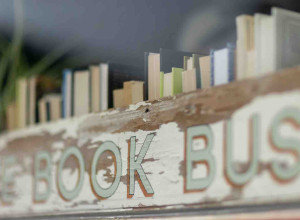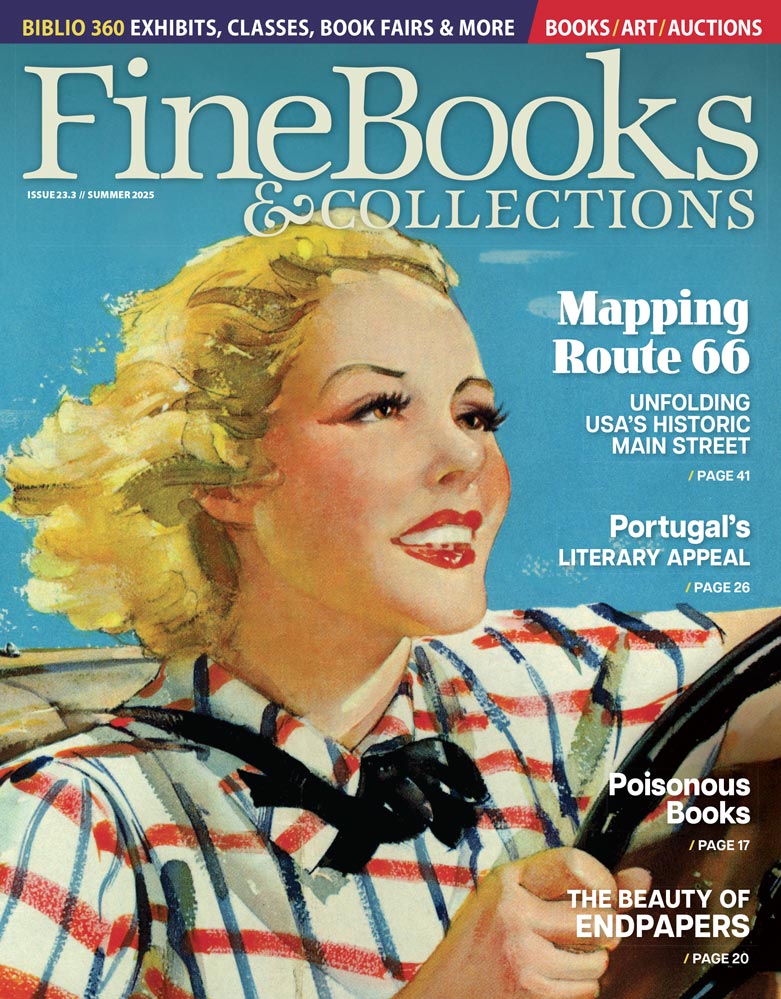Describe a typical day for you:
On days that the shop is open, after going through the opening routine, I catch up on email, social media, and some cataloging. Then it’s on to tackling the perpetual influx of books coming into the shop and organizing the shelves. Outside of the shop, scouting, or picking up, moving, and sorting a large collection can take a whole day or more. One of my favorite activities, perhaps unsurprisingly, is photographing books. I get to break out my strobes and it’s so satisfying to create that glamor shot magic. I’m sure it’s been said ad infinitum, but booksellers have to wear many hats, and I like that. I’m never bored.
Favorite rare book (or ephemera) that you’ve handled?
I have a copy of The 1900 Solar Eclipse Expedition by the Astrophysical Observatory of the Smithsonian Institution published by the Government Printing Office in 1904. It hits all the high points of what I love to find in a book - beautiful glass plate astronomical images, turn of the century scientific instruments, hand drawn diagrams of the scientists’ camp and equipment setup, and a sky chart showing the sun and hypothetical locations of ‘intramercurial planets.’ This was before the theory of relativity was published so scientists posited, and charted!, the existence of theretofore undiscovered planets to explain aberrant movements in Mercury’s orbit.
What do you like to do outside of work?
Canoeing and astronomy are the two primary activities that I organize my life around. Because they’re both weather-dependent, I also picked up a tertiary meteorology hobby. I try to spend as much time in the wilderness as I can and I’ve found canoeing to be the most expedient and pleasant way to get to remote places. It helps that canoes are beautiful objects, in my opinion at least
I was born and raised in New England and I love travelling here. My ideal vacation entails loading up my truck with the canoe and telescope (plus some empty boxes for any books I might find along the way) and striking off for points north. There are breathtaking lakes and rivers at the end of long dirt roads. Navigating New England via waterways opens an entirely different relationship to the landscape and its history.
What do you personally collect?
It seems that every hobby or interest I’ve ever taken up has come with a concomitant book collecting hobby. In college that meant photobooks and over time my collection has become a personal archive of my aesthetic interests in photography. That also extends to old science books or contemporary art that deals with light, color, and perception. Uta Barth’s The Long Now is, among other things, a beautiful meditation that challenges what it is we think we see when we look at photographs. What Time is it on the Sun by Spencer Finch is perhaps more playful in execution but is, nonetheless, an intellectually and creatively rigorous investigation that pushes viewers to perceive themselves in the act of perception. There are so many more books in my collection that I could wax poetic about, but suffice to say, each one has a place on my shelf because it offered important perspective as my own interests in photography evolved.
More recently, I’ve amassed a respectable library of amateur astronomy reference material. While not quite as ‘useful,’ I also love late Victorian/early 20th century astronomy manuals, plus they’re fun for adding historical context to what I’m doing when I’m out puttering around with a telescope at 2am in the middle of December. The Orion Nebula may not have changed in the last 100 years but information about it and the optics used to view it certainly have.
When I became more serious about paddling I started collecting New England waterway guides - the kind that are published by hyperlocal (and often ephemeral) groups or non-profits. Collectively, they represent a body of knowledge and lake/river access data that are very difficult to find elsewhere. They also offer a glimpse into changing attitudes about nature, conservation, and access to wild places.
Thoughts on the present state and/or future of the rare book trade?
As a newcomer, the most striking thing about the trade has been the extreme generosity and unconditional support I’ve received from everyone I’ve met. I was immediately welcomed as a colleague, and the price of admission was nothing more than declaring that I want to sell books for a living. It’s been a truly humbling experience. I’m not sure I’m qualified to comment on the state of the trade or make oracular pronouncements because I feel like I still have so much to learn. That said, attending CABS last summer was an important inflection point for me that expanded the horizon of what I dared to imagine for my own business. It’s hard to express my deep gratitude for that experience without sounding glib, so I’ll simply say that I’m optimistic about the future and I hope to be able to pay it forward.
Any upcoming fairs or catalogs?
I’m working on a catalog related to the history and science of instant photography that will be published in October. It will be my first catalog and I’m reluctant to say more lest I set a high bar that I can’t clear, but I’m very excited about what’s cooking.

